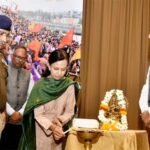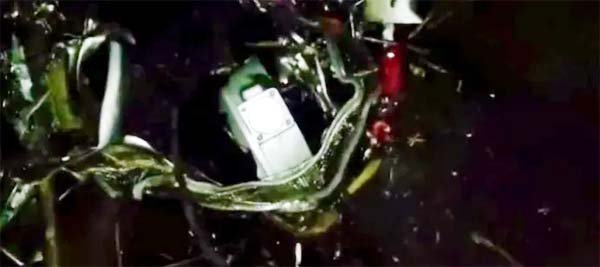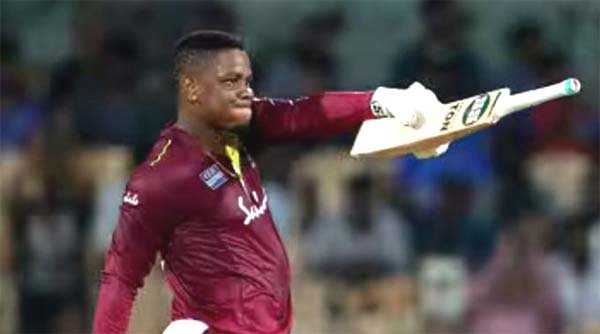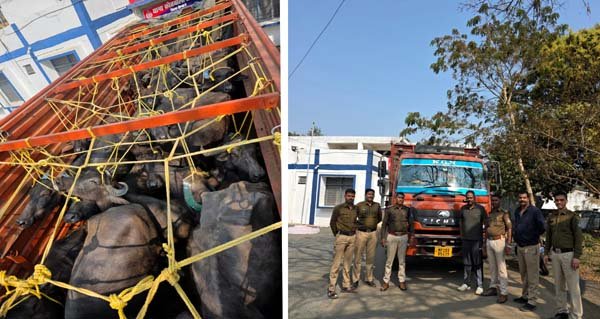New Delhi, Aug 22 (UNI) The Supreme Court today passed significant directions in the Bihar electoral rolls case, making it easier for excluded voters to reclaim their franchise.
The bench of Justice Surya Kant and Justice Joymalya Bagchi ruled that persons omitted from the draft rolls could file applications for inclusion online, without the need for physical submission.
Importantly, it clarified that an Aadhaar card alone would be sufficient for filing such claims, besides the 11 other documents already specified by the Election Commission of India (ECI).
The Court, which is hearing petitions challenging the ECI’s Special Intensive Revision (SIR) exercise in Bihar ahead of the November Assembly elections, also impleaded all 12 recognised political parties in the state as respondents.
It directed these parties to mobilise their Booth Level Agents (BLAs) to actively assist excluded voters in submitting their claims.
The judges expressed astonishment over the role of political parties. Justice Kant observed, “We are surprised to see that 1.6 lakh BLAs have so far filed only two objections. What are the BLAs doing then? Why this distance between political workers and the local people?”
The Court noted that if BLAs verified even ten documents each per day, nearly 16 lakh verifications could be carried out daily, completing the entire exercise in a few days.
Senior Advocate Rakesh Dwivedi and Sukumar Pattajoshi, representing the ECI, informed the Court that over two lakh fresh applications for inclusion had already been received and that lists of excluded voters were published both online and at polling stations.
“No political party has filed a single objection. They are only whipping up fear for political interests. It is the duty of parties to assist in this process, but they are not cooperating,” Dwivedi argued.
This provoked a sharp rebuttal from Senior Advocates Kapil Sibal and Abhishek Manu Singhvi.
Sibal pointed out that he was and representing RJD MP Manoj Jha, while Singhvi stressed that he appeared for a joint petition filed by Congress, CPI(M), CPI(ML) Liberation, NCP and others.
Advocate Prashant Bhushan, for the Association for Democratic Reforms (ADR), flagged difficulties faced by migrant workers.
“Many excluded voters are outside Bihar for work and cannot file forms in time. Even the RJD, the biggest opposition party, has BLAs only in half the constituencies,” he said.
Justice Kant suggested a voter-friendly remedy: “Let the forms be submitted only with Aadhaar. If a matriculation certificate or other document is missing, that should not bar a citizen.”
However, Bhushan and Advocate Vrinda Grover pointed out that on the ground, Booth Level Officers were refusing to accept Aadhaar as a standalone document. Grover urged the Court to direct the ECI to issue a press release clarifying the accepted documents to avoid confusion.
“Even when Aadhaar is submitted, officers are insisting on other documents. Voters should not suffer because of this tussle,” she said.
Advocate Faouzia Shakil requested that the September 1 deadline be extended, noting that exclusion lists were published only on August 19. She also complained that BLOs were not issuing acknowledgement receipts to BLAs submitting objections.
The bench reiterated its earlier direction that BLOs must acknowledge receipt of forms, though acknowledgement would not imply acceptance.
It stressed that online applications were valid and sufficient. “The entire process has to be voter-friendly. Political parties must use their BLAs properly so that no voter is left out,” Justice Kant said.
Senior Advocate Gopal Sankaranarayanan questioned the legality of the SIR exercise itself, while Vrinda Grover accused the ECI of “creating confusion”. At one point, Dwivedi insisted, “Crores are filing documents. Please repose some trust in the ECI.”
To which Justice Kant retorted, “We will determine this. The process must inspire confidence. Voters cannot be caught in this tussle.”
The matter stems from the ECI’s SIR drive in Bihar, under which around 65 lakh names were excluded from the draft rolls published on August 1.
Petitioners alleged mass exclusions, lack of transparency, and shifting of the burden of proof of citizenship onto voters.
On August 14, the Court had already directed the publication of the exclusion lists, with reasons such as death, migration, or duplication, and mandated that Aadhaar be allowed as a valid proof.
On Thursday, it went a step further, clarifying that Aadhaar alone was sufficient and that no voter should be forced into unnecessary paperwork.
The Court directed the State Electoral Officer to inform all political parties of the order, ensure their presence in future hearings, and file status reports on compliance.
The matter will continue after status updates are filed.











